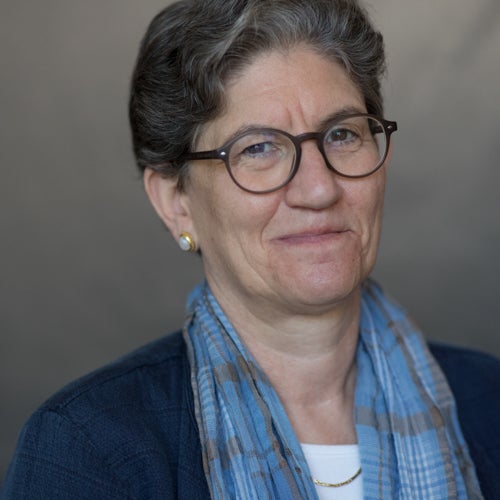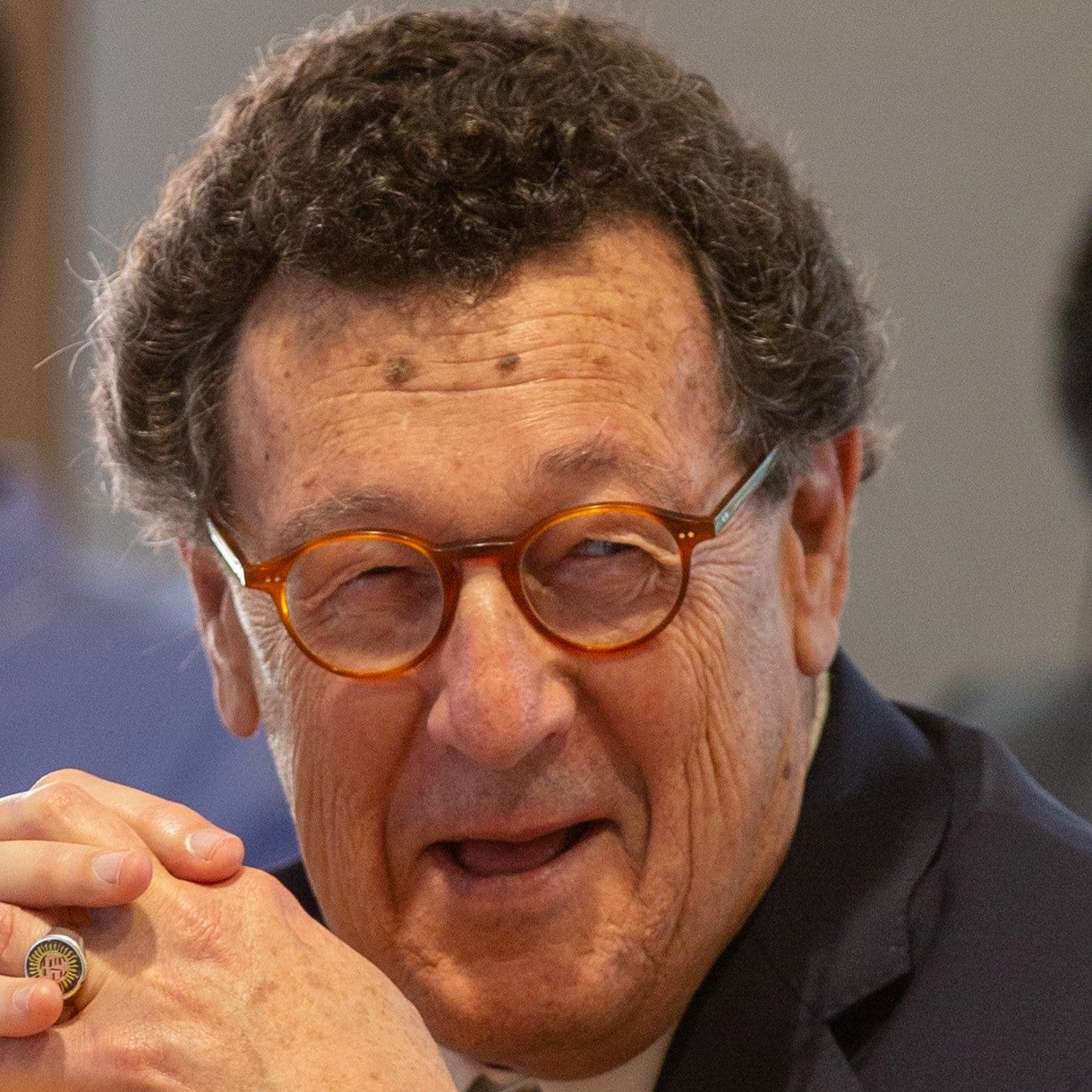Harvard Center for Risk Analysis
The Harvard Center for Risk Analysis (HCRA) uses risk and decision science methods to improve how society manages risks to human health and the environment.
718 Huntington Ave.
2nd Floor
Boston, MA 02115-5924
The Harvard Center for Risk Analysis (HCRA) is a multidisciplinary group of faculty, research staff, students, and visiting scholars who work together to improve decisions about environmental health and other risks.
We conduct state-of-the-art research, educate the next generation of leaders in risk analysis and related disciplines, and encourage public discourse about risk topics.
Our Team
Director

Professor Hammitt’s research concerns the development and application of quantitative methods—including benefit-cost, decision, and risk analysis—to health and environmental policy. Topics include management of long-term environmental issues with important scientific uncertainties, such as global climate change and stratospheric-ozone depletion, evaluation of ancillary benefits and countervailing risks associated with risk-control measures, and characterization of social preferences over health and environmental risks using revealed-preference, stated-preference, and health-utility methods. He has served on six National Academies of Sciences panels and more than a dozen advisory committees to the U.S. Environmental Protection Agency and other government agencies. He received the Distinguished Achievement Award from the Society for Risk Analysis in 2015 and the Outstanding Achievement Award from the Society for Benefit-Cost Analysis in 2021 and is a fellow of both societies.
Core Faculty and Affiliates




